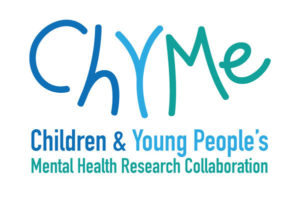Tools for Schools
Tools for Schools
National Institute for Health Research (NIHR)
This project is funded by the NIHR. NIHR are the research branch of the NHS and fund a wide range of projects that aim to improve people’s health. They have funded this project for the next 5 years.
This report is independent research supported by the National Institute for Health Research NIHR Advanced Fellowship – Stage 2, Dr Abigail Russell, NIHR300591. The views expressed in this publication are those of the author(s) and not necessarily those of the NHS, the National Institute for Health Research or the Department of Health and Social Care.
University of Exeter: College of Medicine and Health
This project is hosted at the University of Exeter (UoE). Dr Abby Russell is the project “Principle Investigator” and is ultimately responsible for leading the collaboration to develop the toolkit and test it out in schools. Abby sits within the Children and Young People’s Mental Health Research Collaboration (ChYMe) research group.

Child and Adolescent Resilience and Mental Health (ChARm) Group, University of Cambridge
 The ChARm research group is headed by Professor Tamsin Ford within the Department of Psychiatry, School of Clinical Medicine at University of Cambridge. Their research aims to optimise the mental health of children and young people.
The ChARm research group is headed by Professor Tamsin Ford within the Department of Psychiatry, School of Clinical Medicine at University of Cambridge. Their research aims to optimise the mental health of children and young people.

University of California, San Francisco (UCSF)
Project collaborator Professor Linda Pfiffner is based at the UCSF Weill Institute for Neurosciences, Department of Psychiatry and Behavioural Sciences. The Institute conducts clinical, educational and research efforts in the fields of child, adolescent, adult and geriatric mental health.

University of Bristol, Bristol Medical School

Project collaborator Dr Judi Kidger is based at the Bristol Medical School and is primarily funded by the NIHR School for Public Health Research (SPHR). SPHR aims to increase the evidence base for cost-effective public health practice by conducting applied health research, creating an environment where research can thrive, support local engagement in research, and contribute to ongoing efforts to build research capacity.
